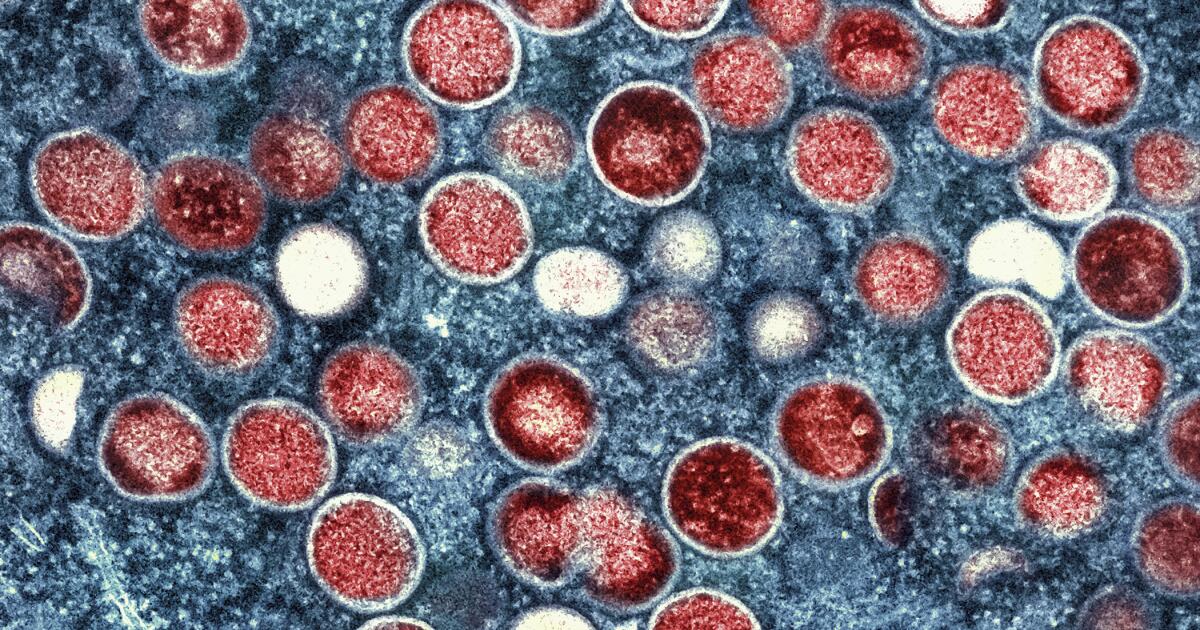Health officials in New York City say a cluster of Legionnaires’ disease in Central Harlem has grown to 99 cases, including four deaths.
Health officials suspect the bacteria that causes the disease, Legionella, originated cooling towers — devices that uses water to cool large buildings and then disperse mist into the air. If the water inside becomes too warm, stagnant, or isn’t properly disinfected, Legionella can grow and sicken people who inhale the mist.
On Thursday, the New York City Department of Health confirmed positive tests of the bacteria in 12 cooling towers serving 10 buildings in the area, including NYC Health + Hospitals/Harlem.
The Department of Health says 11 of the 12 cooling towers have already been repaired and the final tower should be remediated by Friday.
Health officials emphasized that plumbing systems are separate from cooling tower systems in affected buildings.
“This community outbreak is not related to a building’s hot or cold water supply. Residents in these ZIP codes can continue to drink water, bathe, shower, cook, and use their air conditioner,” it said.
The current Legionnaires’ cluster was first announced on July 25. Acting Health Commissioner Dr. Michelle Morse said inspectors are working with building owners to ensure compliance with testing and remediation.
“The good news is that new cases have begun to decline, which indicates that the sources of the bacteria have been contained,” Morse said. “New Yorkers who live or work in the identified ZIP codes and have flu-like symptoms should contact a health care provider as soon as possible for timely diagnosis and treatment for the best chance at a good outcome.”
Legionnaires’ disease causes flu-like symptoms, including cough, fever, headaches, muscle aches, and shortness of breath. It is treatable with antibiotics, but if left untreated, it can lead to shock and multi-organ failure, according to the World Health Organization. The US Centers for Disease Control and Prevention estimates that about 10% of people who contract the disease die from complications, with older adults and people with weakened immune systems at higher risk.

